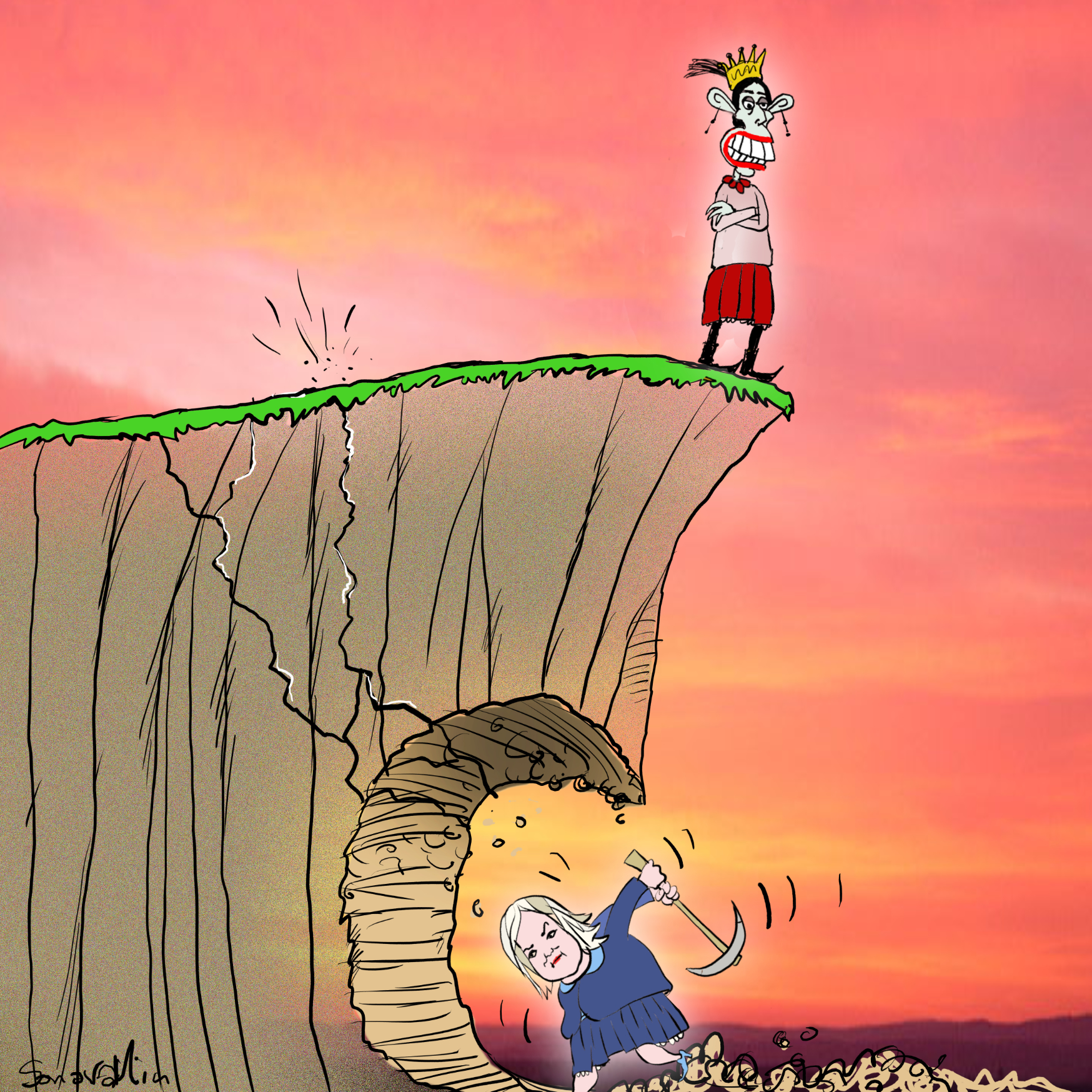Rowan Light
maxim.org.nz
It’s as reliable as the pub chats following a Bledisloe Cup match. After any general election: the deluge of post-election analysis and commentary, as pundits dissect the results, and (more dangerously), what they might mean.
Much of this will no doubt focus on “generational” differences between New Zealand voters, with phrases like “youth vote” and “youth-quake” tossed about with abandon. Even before October 17, media loved to play up the campaign as a generational tussle. You’ve heard it before, but I’ll summarise: young people who are passionate and hopeful for the future vs racist and exploitative old people.
Young people who are passionate and hopeful for the future vs racist and exploitative old people.
This moral showdown played out in Auckland Central where, with the electorate’s unusual demography weighted towards yuppies and students, Green MP Chlöe Swarbrick took first place in a close three-way race.
Newsroom’s Nikki Mandow lauded Swarbrick for “defying history” to win the seat; thumbing a proverbial nose to “the boomers” who apparently doubted her. Mandow even went so as far to credit Swarbrick with coining the phrase “ok boomer,” (she didn’t).
Never mind the fact that Swarbick’s competitors were Helen White, a Gen Xer, and Emma Mellow, only a few years older than Swarbick herself; the emotional arc of this campaign fairytale is that of youthful progress conquering crusty reactionaries.
This kind of exaggerated editorialising is not a good message for the crop of new MPs coming into the 53rd Parliament of New Zealand – nor for our MPs returning to government or opposition, no matter their demographic affiliation.
A good MP represents the national interest…and tries to find a course of action that will work towards the common good of all.
MPs are not elected to only represent their small patch or a specific demographic. A good MP represents the national interest (as well as the needs of their own community) and tries to find a course of action that will work towards the common good of all. After all, we call our legislators “Members of Parliament,” rather than just local representatives, as they join the wider body that is tasked with governing us well. This common focus was reflected in the Prime Minister’s election-night promise to govern on behalf of all New Zealanders, and looking past the media hype, seen in Swarbrick’s campaign, as she demonstrated civility and an openness to conversation with people from across the political spectrum.
A helpful post-election posture for our elected representatives and for us as members of families, neighbourhoods, towns and a nation would be to focus on building bridges across ideologies and worldviews, and cultivating our shared interests. An MP is a kind of personification of this; elected by a local electorate to govern in a shared, national body, and vice-versa.
This is an important message for voters, young and old alike. If hopeful and positive change for the common good is to be made, as we move through life, and out of geographic and ideological bubbles, we have to be open to connecting with diverse, intergenerational communities, with people who hold views radically different to our own. It’s staying in conversation and relationship with people who hold different values to us – rather than a take-no-prisoners attitude to winning – that underpins the health of our democracy.
If you enjoyed this BFD article please share it.

